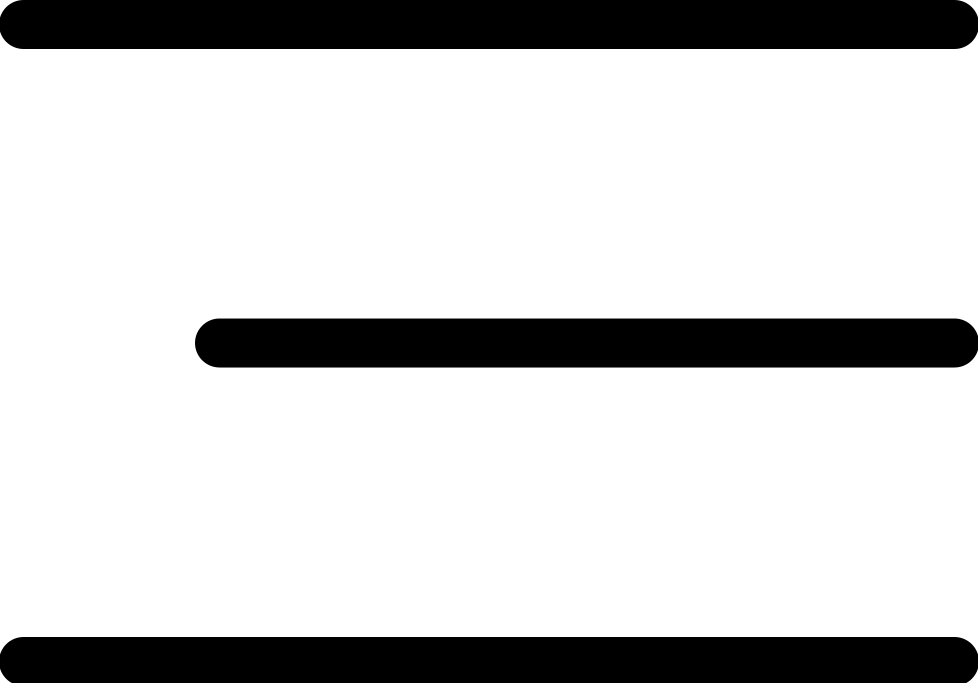Upon completion of this course, participants will have a comprehensive understanding of various topics related to electric power. The course covers a wide range of concepts, starting with an in-depth exploration of electric power itself. Participants will learn about the key differences between alternating current (AC) and direct current (DC) power, gaining a solid foundation in this fundamental aspect of electrical engineering.
Moving on, the course delves into the intricacies of voltage, current, and power vectors, also known as phasors. Participants will gain a clear understanding of these vectors and their significance in electrical systems. Additionally, the course covers capacitive and inductive loads, enabling participants to recognize and differentiate between these two types of loads.
Another important aspect covered in the course is the distinction between real, reactive, and apparent power. Participants will become familiar with the concepts of watts, vars, and VA, and understand how these measurements relate to power consumption.
The course also explores various devices used in power measurement, such as the dynamometer wattmeter and the energy meter. Participants will gain insight into the functionality and applications of these devices.
Furthermore, the course covers single-phase metering, providing participants with a comprehensive understanding of this type of energy measurement. Participants will also gain insight into instrument transformers, specifically current transformers (CTs) and voltage transformers (PTs), and their role in accurate power measurement.
The course then progresses to cover more advanced topics, such as polyphase energy meters and metering a 3-phase 4-wire load ("Y" connected) and a 3-phase 3-wire load (Delta connected). Participants will gain a deep understanding of these complex metering scenarios.
To ensure compliance with measurement standards, the course also familiarizes participants with Measurement Canada standards. This knowledge is crucial for professionals working in the field of electrical power measurement.
Lastly, participants will gain insight into Blondel's theorem, a fundamental principle in electrical engineering. They will also understand the relationship between phase and line in electrical systems, further enhancing their understanding of power measurement.
In conclusion, this course provides participants with a comprehensive and detailed understanding of electric power and its measurement. By covering a wide range of topics, participants will gain the necessary knowledge and skills to excel in the field of electrical power measurement and analysis.
- Electrical Power Systems Managers, Engineers, Technologists, Maintenance Workers, Students in Engineering
- Anyone who wants to learn power & energy measurement of a three phase system.
- Very thorough and detailed explanations. Very good ~ N Acharya
- A very useful tutorial for understanding power measurement using different wattmeter configurations. It provides a high-level description of the inner connection and elements of a wattmeter. The numerical examples are very useful to understand the concept ~ F Omar
- Clear and simple. Each section is short and concise. Speaker is clear and direct ~ James L
- The student will understand the physics of electrical power, the instrumentation involved in the measurement of single and three phase power flow.
- Example: Understanding digital & analog Wattmeters, Kwhr Meters, polyphase connections.
- You should have a basic understanding of single and three phase power systems.
- You should have the basic understanding of an electrical three phase power system.






 Full lifetime access
Full lifetime access  Access on laptop,
tablet and mobile devices
Access on laptop,
tablet and mobile devices  Certificate of
completion
Certificate of
completion 
















